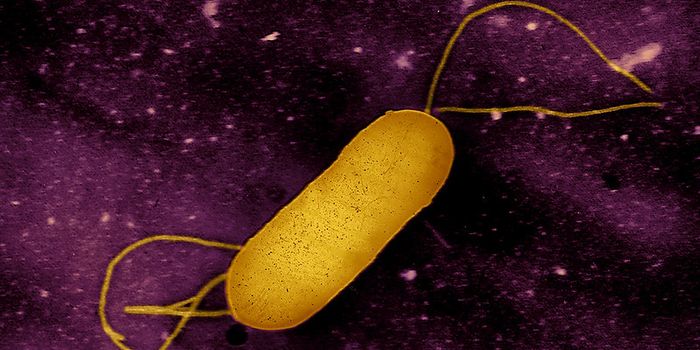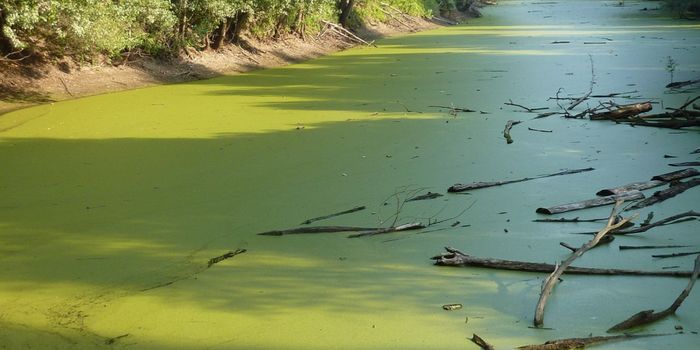A Call for Action: Coordinating Climate Change Adaptation on a Global Scale
A recent study published in Nature Climate Change uses a meta-study to examine the how the world is adapting to climate change, specifically pertaining to the implementation policies and strategies for risk management, infrastructures, and societies as global temperatures continue to rise, resulting in extreme weather, including drought and worsening storms. This study was conducted by an international team of more than two dozen authors and holds the potential to help scientists, legislators, and the public better understand the long-term impacts of climate change and the appropriate steps that can be taken to help mitigate it.
Image of a Namibia farmer with a soybean that was being tested for resistance to droughts in 2023. (Credit: UHH/CLICCS/K.Jantke)
“Our study indicates that climate change adaptation continues to be largely isolated and uncoordinated,” said Dr. Kerstin Jantke, who is an environmental researcher at Universität Hamburg’s Cluster of Excellence CLICCS and a co-author on the study. “That’s disproportionate to how pressing and vital this challenge is.”
For the study, the team used a combination of systematic reviewing and machine learning to analyze 48,316 scientific documents published between 2013 and 2019 pertaining to climate change adaptation and was filtered down to 1,682 publications regarding how humans have adapted to climate change. The team found that while individual households are taking appropriate steps towards climate change adaptation, only a small number are incorporated into larger governmental structures. The researchers also found that governments are more active in urban areas (cities) than rural areas in implementing climate change adaptation measures. Additionally, the team also addressed the scientific community’s involvement in implementing climate change adaptation measures, which they note is limited along with effectively zero activity from the private sector.
“If, around the globe, it’s predominantly individuals like farmers and smallholders who are doing the heavy lifting, it also shows us the lack of cooperation between different groups of actors – which is a prerequisite for sustainable adaptation projects,” said Dr. Jan Petzold, who is a postdoctoral researcher at the Ludwig-Maximilians-Universität München in Germany and lead author of the study.
The goal of the study was to continue the discussion of specific roles and responsibilities for climate change adaptation, at both the individual and government levels, and suggesting an agreement on such roles is essential for future adaptation policies to be successful.
What steps will be taken to help adapt humanity to the ongoing impacts of global climate change in the coming years and decades? Only time will tell, and this is why we science!
As always, keep doing science & keep looking up!
Sources: Nature Climate Change, EurekAlert!









